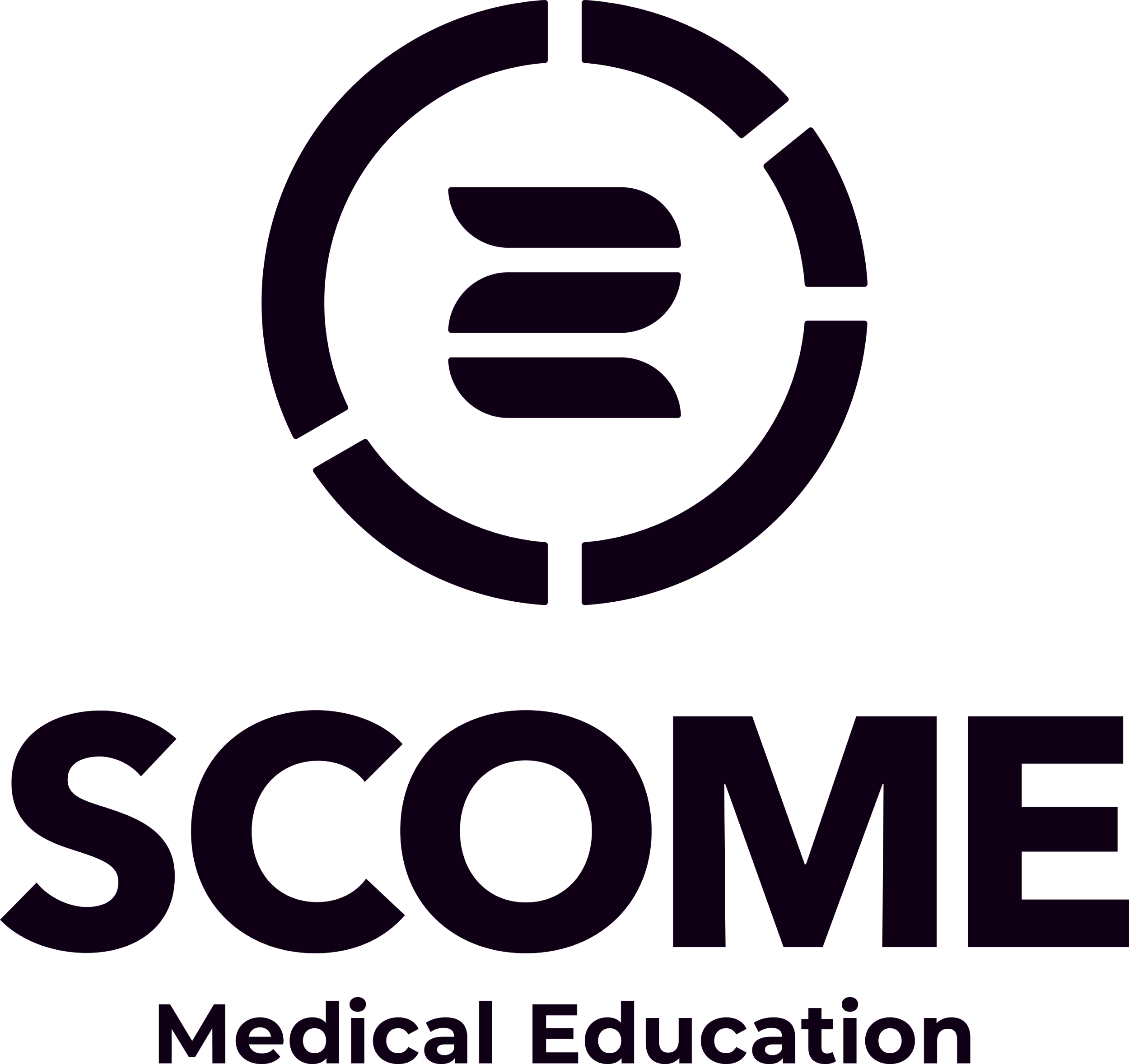SCOME IN BRIEF
Medical Education and clinical skills education should be a concern of every medical student as they shape not only the quality of future doctors but also the quality of healthcare. The Standing Committee On Medical Education (SCOME) aims to implement an optimal learning environment for all medical students to be active participants in their Medical Education and ensure learning opportunities for them to acquire and practice medical skills which will make them competent future physicians , through all our joint efforts we work to create sustainable changes, for ourselves as medical students, for the generations to come and for our future patients and our communities who are in fact the final beneficiaries of our education.

Vision
Medical students attain an optimal professional and personal development to reach their full potential as future doctors for better healthcare worldwide.
Mission
Our mission is to be the frame in which medical students worldwide contribute to the development of medical education. Students convene in SCOME to share and learn about medical education in order to improve it as well as benefit the most from it on a personal and professional basis.
History
SCOME was one of IFMSAs first standing committees from the beginning of its foundation in 1951. It acts as a discussion forum for students interested in the different aspects of medical education in the hope of pursuing and achieving its aim. Today, SCOME works mainly in medical education capacity building.
SCOME provides several platforms and methods to educate medical students worldwide on various medical education issues. Through this knowledge, it empowers them to advocate to be a part of the decision-making chain. SCOME believes in medical students as important stakeholders in creating, developing and implementing medical education systems.
Our Focus Areas
1. Better Medical Education (How to Educate)
Medical students are the most important part of the educational process, so, they need to take the opportunity to lead the change of updating medical education and have a responsibility in improving doctors’ quality through the education process. Social accountability is the core of improvement and enhancing the vision and mission of education and it will produce a more competent health workforce to participate effectively in changing the healthcare system.
The aim of the focus area is to create a growing movement of medical students engaged in transforming their undergraduate and postgraduate medical education by equipping them with the sufficient knowledge and skills in order to help them develop a relationship with the medical schools’ faculty and management so that students are no longer regarded simply as consumers of the education programme but as partners in the process.

Objectives
- Provide the knowledge about Accreditation and Quality Assurance and help students know more about the WFME standards.
- Provide knowledge about social accountability.
- Initiating the needed knowledge and tools to develop the medical curricula to meet the standards for a better community-based medical education system.
- Initiating new topics to capacitate the students about like non-formal medical education, Artificial Intelligence in medicine, and patients’ involvement.
- Encourage medical students to advocate for a Socially Accountable and Transformative medical education.
- Encourage meaningful students’ involvement in their medical schools.
2. Skilled Medical Practitioners
Doctors graduate from medical schools with a significant lack of medical and soft skills that expose patients and fellows to bad influence. This focus area aims to empower medical students with those needed skills.
Goal
To enhance the competences of the future doctors and healthcare workers by improving their practical skills, so they can fit the needs of the society and provide good, efficient, and updated care to their patients.

Objectives
- Provide medical students and graduates with the needed clinical and soft skills to further develop the healthcare system.
- Implement a clear and defined competency-based model as an assessment tool for the students and doctors.
- Advocate for implementing the skills in the medical curriculum to ensure the quality and the competency of the students.
- Give the chance for medical students to practice the skills in competency-based workshops.
- Provide guidelines and databases for the clinical and soft skills students need to practice and gain knowledge about.
- Provide students with competences and knowledge needed for reacting in adequate manner in emergencies through regular Basic and Advanced Life Support workshops.
Our Project: Evidence Based Medicine

Introduction
Evidence-based medicine (EBM) is the process of systematically reviewing, appraising, and using clinical research findings to aid the delivery of optimum clinical care to patients. EBM aims to integrate physician’s clinical expertise with patient’s values supported by best available research information to arrive at the best possible outcome that benefits the patient. EBM requires that the physician be able to read and assess the scientific literature made available for optimum clinical care to patients .
Goal
Increase the quality of the future physicians by contributing to enriching their awareness, knowledge and skills of Evidence-Based Medicine.

Objectives
– Build the capacity of medical students about EBM.
– Increase Evidence-based medicine knowledge and skills among medical students.
– Increase awareness about open access among medical students.
© 2022 IFMSA-Egypt. All rights reserved.
